Ekipa Re-invented
Learn more about how we work in Agile ways ourselves through our Ekipa DNA

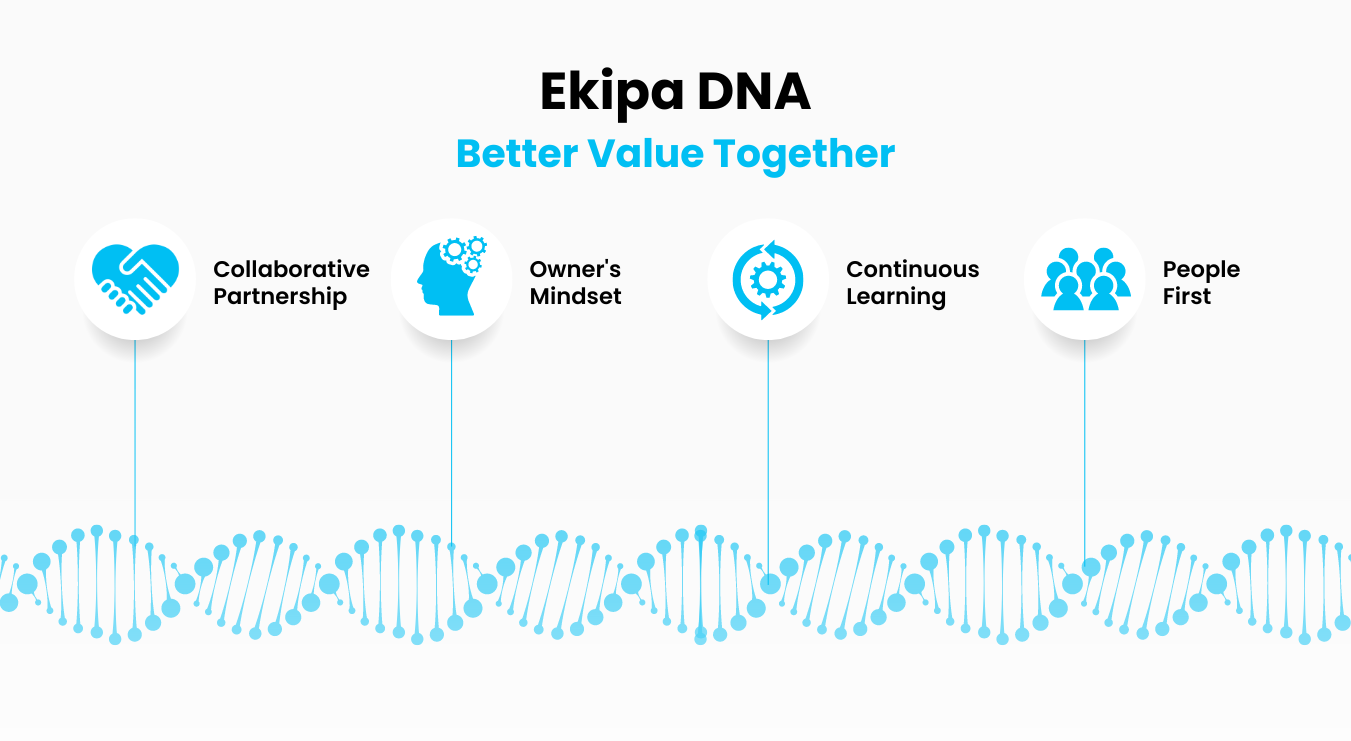
Ekipa DNA
Better Value Together
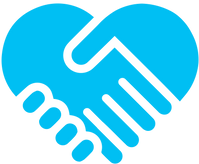
Collaborative
Partnership
We’re committed to delivering on our promises, achieving outcomes and consistently delivering high-quality work for our customers.
We believe in the power of teamwork, partnering with both our colleagues and customers to amplify results.
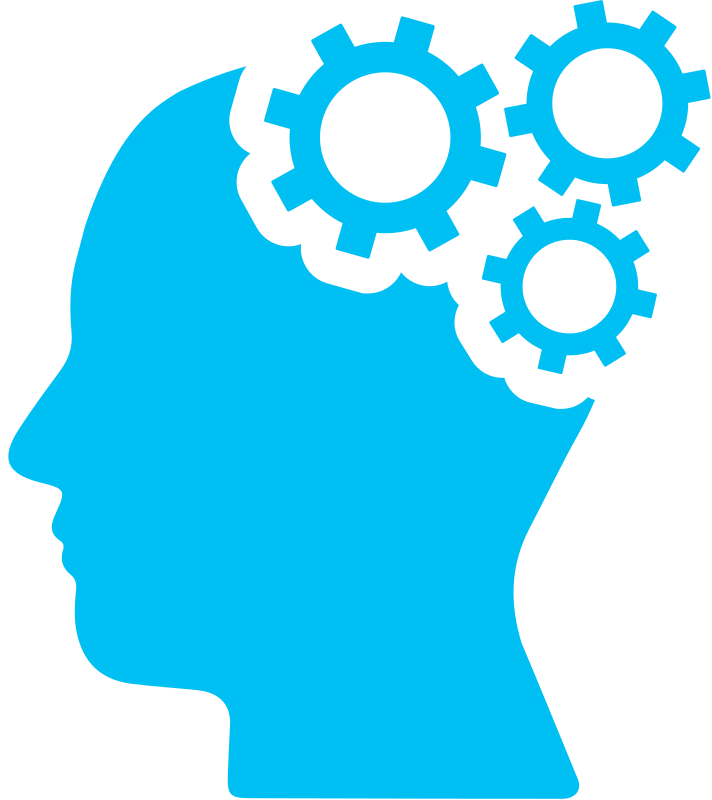
Owner's
Mindset
We are dedicated to the collective success of our business and our team.
We encourage everyone to bring their best selves, nurturing a culture that values accountability, autonomy and creativity.
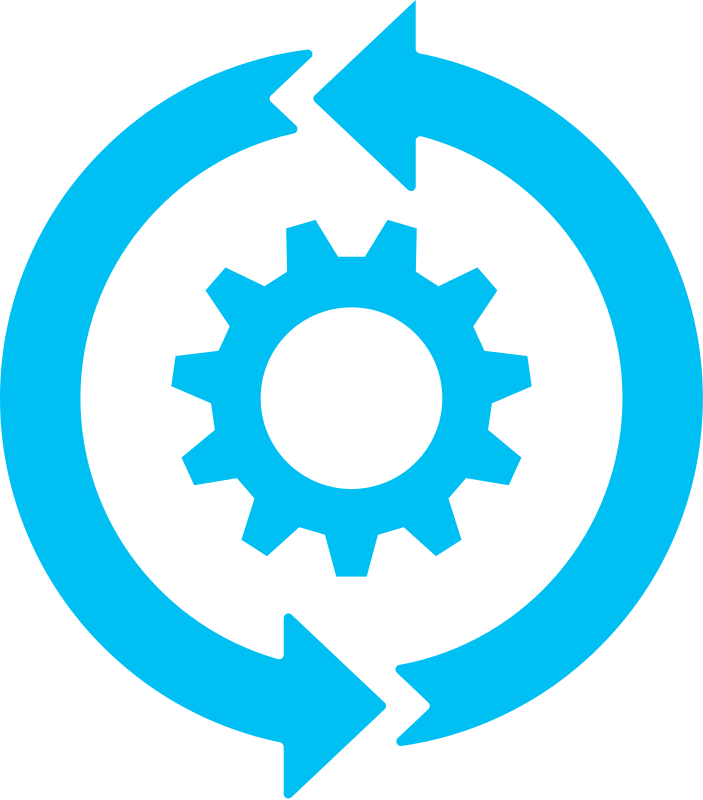
Continuous
Learning
We foster a culture of continuous learning and growth. Each of us is responsible for advancing our own development, and we share both successes and failures to evolve collectively as a team.
Through collaboration, experimentation, and feedback, we embrace learning as a lifelong journey.
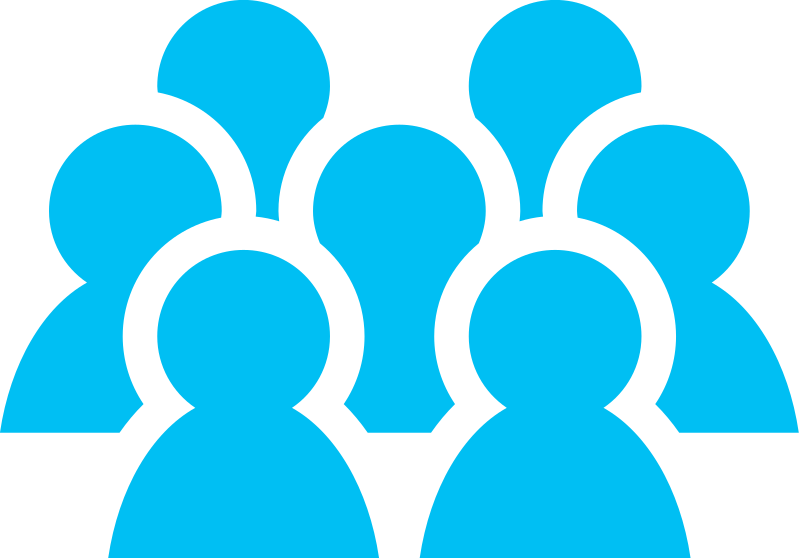
People
First
Ekipa offers a workplace that prioritises supportive leadership and empathy. We care and are there for each other.
We practice inclusivity and diversity, we are open to different perspectives and leverage on everyone’s individual strengths and abilities.
We value authenticity, togetherness and creativity in our collective pursuit of impact and excellence.
Ekipa Reinvented
The Story
Ekipa is a 100% self managed organisation without any hierarchy. Everybody is an owner and everybody shares in our success and profits. Everybody works on the things they want to contribute and we do not have fixed job descriptions. We collaborate with our customers to help them develop entrepreneurship and innovation in their organisations. Together, we create the company we want Ekipa to be and we create better lives for ourselves and the people we serve. We’re co-workers.
People
We bring positivity, play, joy and appreciation to our workplace.
Information and Decision Making
Trust
Responsibility and Accountability
All Power Is With The Team
Roles Are Fluid
Decisions Are Made Based On The ‘Advice Process’
The advice process
The team decision process
Guidelines
Sprint Planning
Daily Meeting
Demo
Retrospective
Conflict Resolution
It’s impossible to change other people. We can only change ourselves.
Conflict Resolution process
Three Topic In Your Conversation
People
We bring positivity, play, joy and appreciation to our workplace.
Information and Decision Making
Trust
Responsibility and Accountability
All Power Is With The Team
Roles Are Fluid
Decisions Are Made Based On The ‘Advice Process’
The advice process
The team decision process
Guidelines
Sprint Planning
Daily Meeting
Demo
Retrospective
Conflict Resolution
It’s impossible to change other people. We can only change ourselves.

.png)

